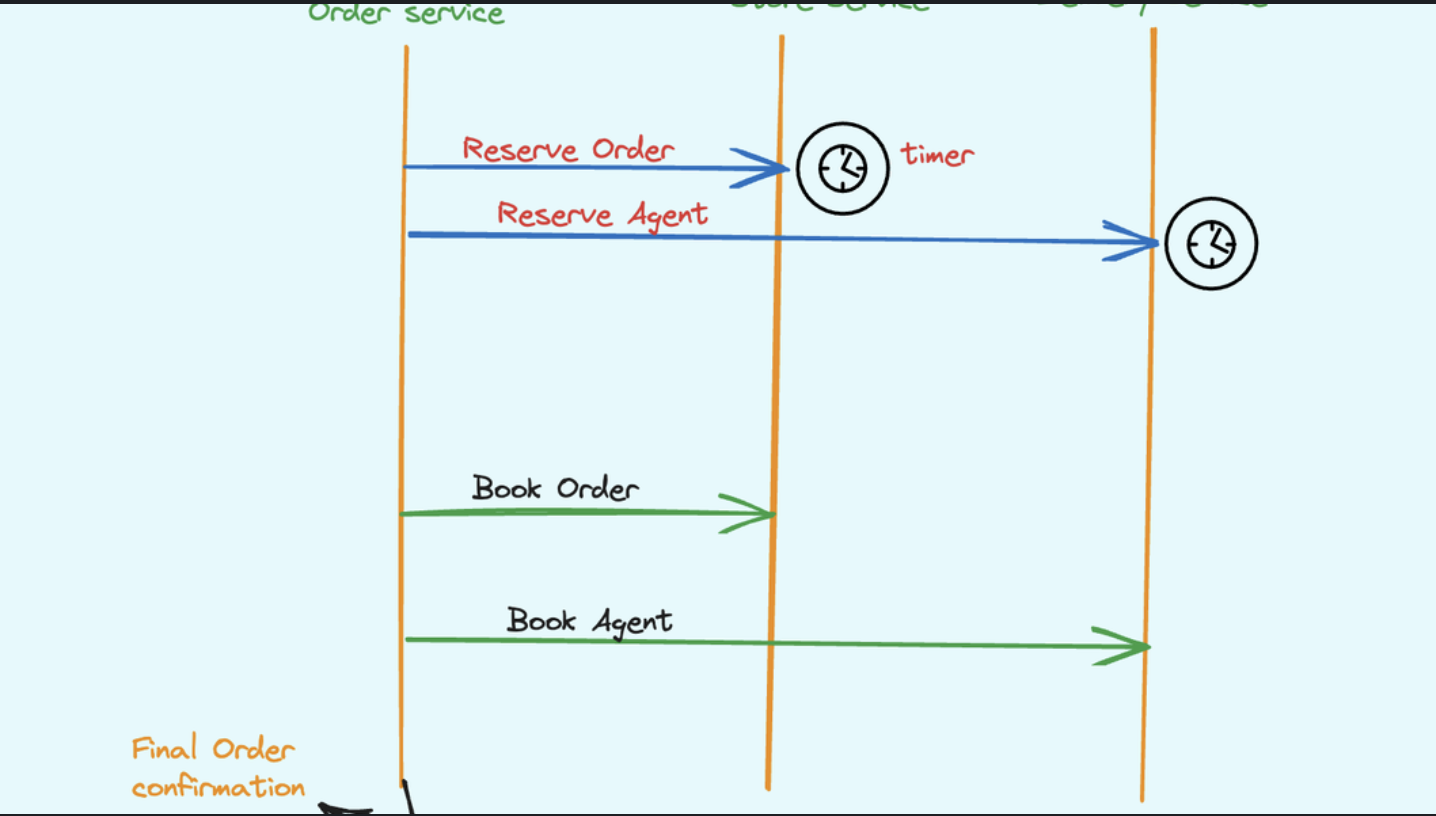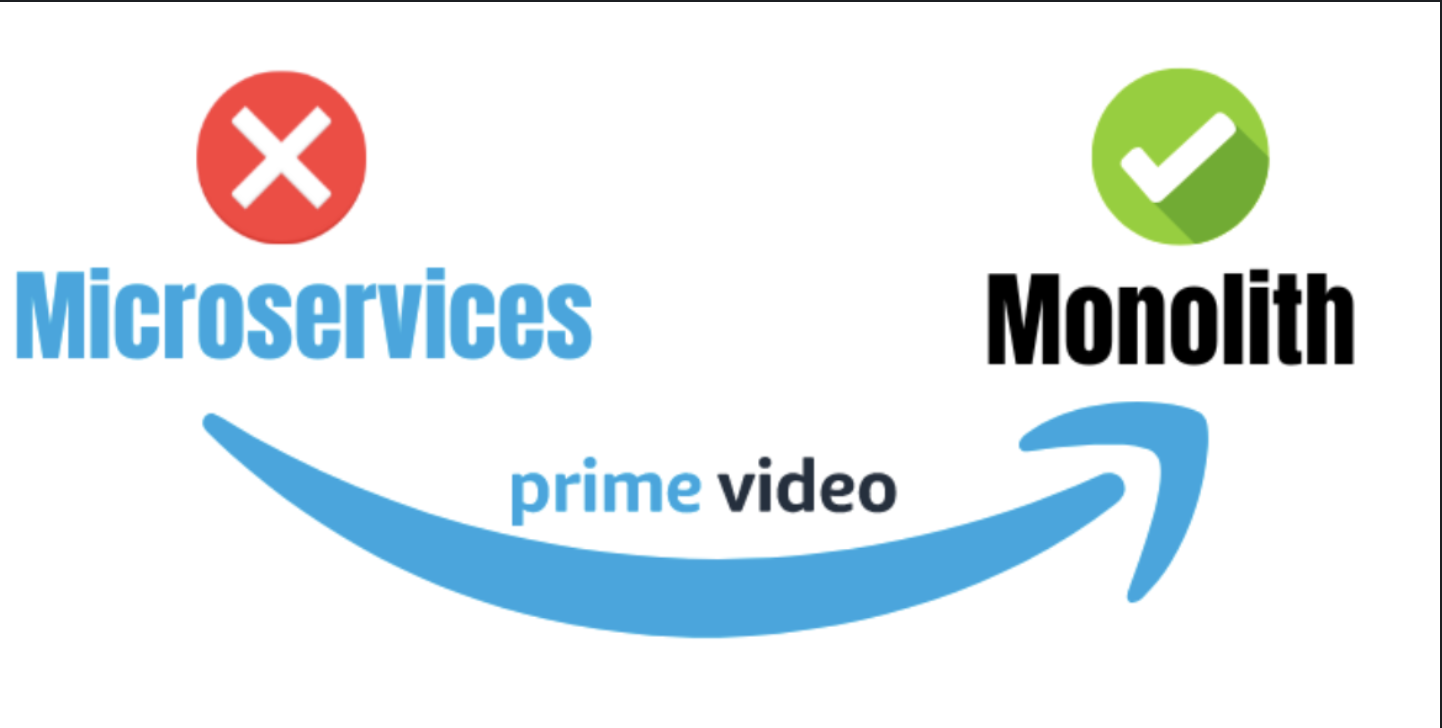Microsoft created the open-source Entity Framework (EF) Core object-relational mapping (ORM) framework for.NET applications. It is a simplified, expandable, and cross-platform version of Entity Framework that enables programmers to use.NET objects to interact with relational databases.
Developers can quickly conduct operations like querying, adding, updating, and deleting data thanks to the straightforward and user-friendly API that EF Core offers for interacting with databases. Among the many database providers it supports are SQL Server, MySQL, PostgreSQL, and SQLite.
Automatic change tracking, support for lazy loading, and a potent LINQ (Language-Integrated Query) provider that enables programmers to construct complicated queries in a type-safe way are some of the core aspects of EF Core. Additionally, it offers “code-first migrations,” which let programmers specify the database schema using C# or VB.NET classes and have the necessary database schema generated automatically.
Since EF Core is lightweight and adaptable, developers may pick and choose the components they require while omitting extraneous functionality. It is a popular option for developing contemporary applications on the.NET platform because it works nicely with other.NET technologies like ASP.NET Core and Xamarin.
What strategies Microsoft has for EF8
EF Core 8 is the next release after EF Core 7 and is scheduled for release in November 2023, at the same time as .NET 8. There are no plans for an EF Core 7.1 release.
Supported Platforms- .NET 6 is the current goal of EF8. As the release date approaches, this will probably be upgraded to.NET 8. For more information, see the future of.NET Standard. EF8 does not target any.NET Standard version. The.NET Framework is not compatible with EF8.
EF8 will be released as a long-term support (LTS) version alongside.NET 8. Information on the.NET support policy is available.
Breaking Changes :-
“SQL Server date and time now scaffold to .NET DateOnly and TimeOnly”
Most Awaited Featured
- JSON Columns.
- Value Objects.
- SQL queries for Unmapped Types.
- Query unmapped types with SQL.
- Compose SQL queries with LINQ.
- Execute updates with SQL.
More details can be found here: GitHub 💡



